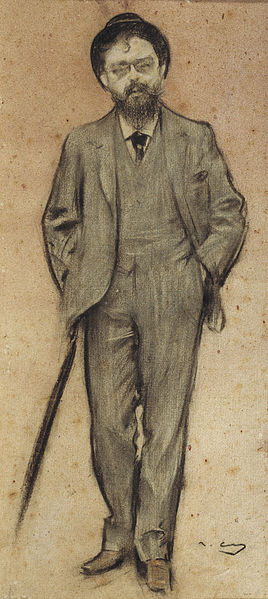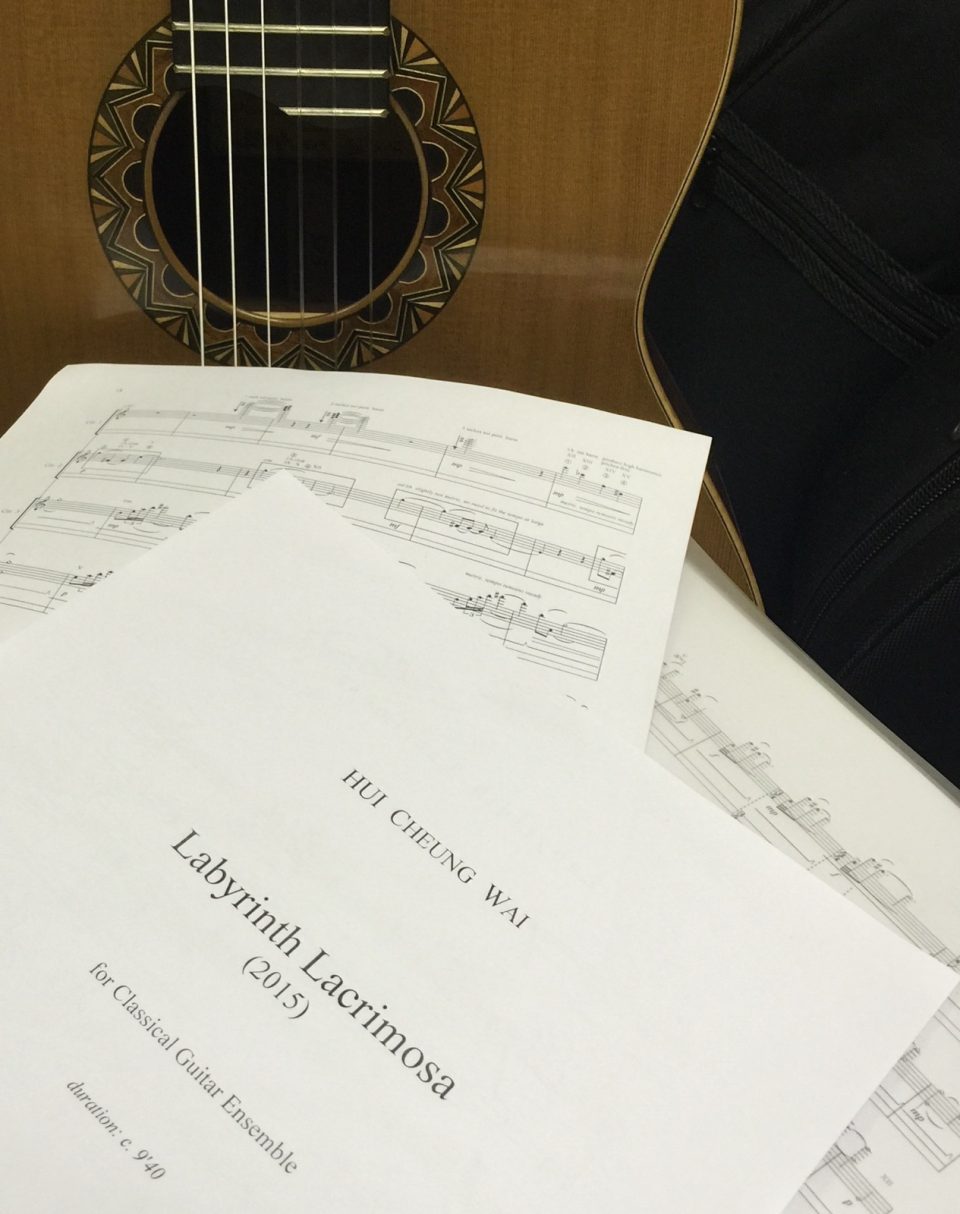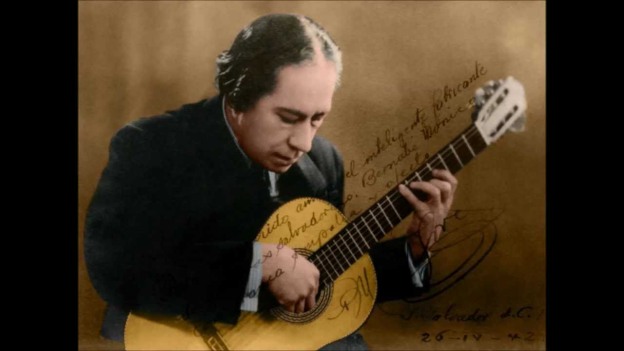
Isaac Manuel Francisco Albéniz y Pascual (29 May 1860–18 May 1909) was a Spanish virtuoso pianist, composer, and conductor. He is one of the foremost composers of the Post-Romantic era who also had a significant influence on his contemporaries and younger composers. He is best known for his piano works based on Spanish folk music idioms.
Transcriptions of many of his pieces, such as Asturias (Leyenda), Granada, Sevilla, Cadiz, Córdoba, Cataluña, and the Tango in D, are important pieces for classical guitar, though he never composed for the guitar.
Asturias (Leyenda), named simply Leyenda by its composer, is a musical work by the Spanish composer and pianist Isaac Albéniz.
The piece, which lasts around six minutes in performance,was originally written for the piano and set in the key of G minor. It was first published in 1892 as the prelude of a three-movement set entitled Chants d’Espagne.
The name Asturias (Leyenda) was given to it posthumously by the German publisher Hofmeister, who included it in the 1911 “complete version” of the Suite española, although Albéniz never intended the piece for this suite. Despite the new name, this music is not considered suggestive of the folk music of the northern Spanish region of Asturias, but rather of Andalusian flamenco traditions. Leyenda, Hofmeister’s subtitle, means legend. The piece is noted for the delicate, intricate melody of its middle section and abrupt dynamic changes.

